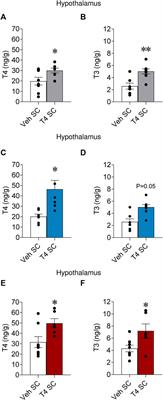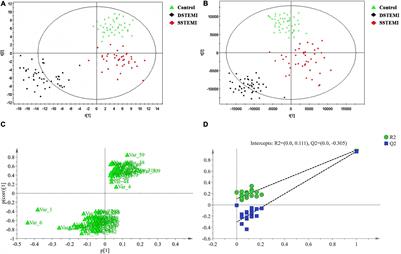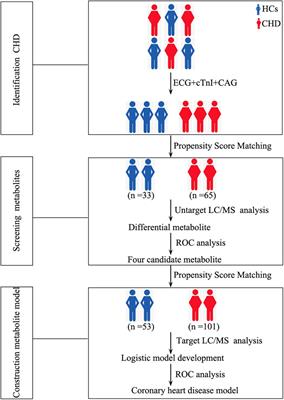EDITORIAL
Published on 09 Feb 2023
Editorial: Methods and applications in metabolic physiology
doi 10.3389/fphys.2023.1156826
- 1,298 views
5,148
Total downloads
19k
Total views and downloads
You will be redirected to our submission process.
EDITORIAL
Published on 09 Feb 2023
ORIGINAL RESEARCH
Published on 18 Nov 2022

METHODS
Published on 05 May 2022

METHODS
Published on 25 Feb 2022

ORIGINAL RESEARCH
Published on 08 Feb 2022

ORIGINAL RESEARCH
Published on 29 Nov 2021

